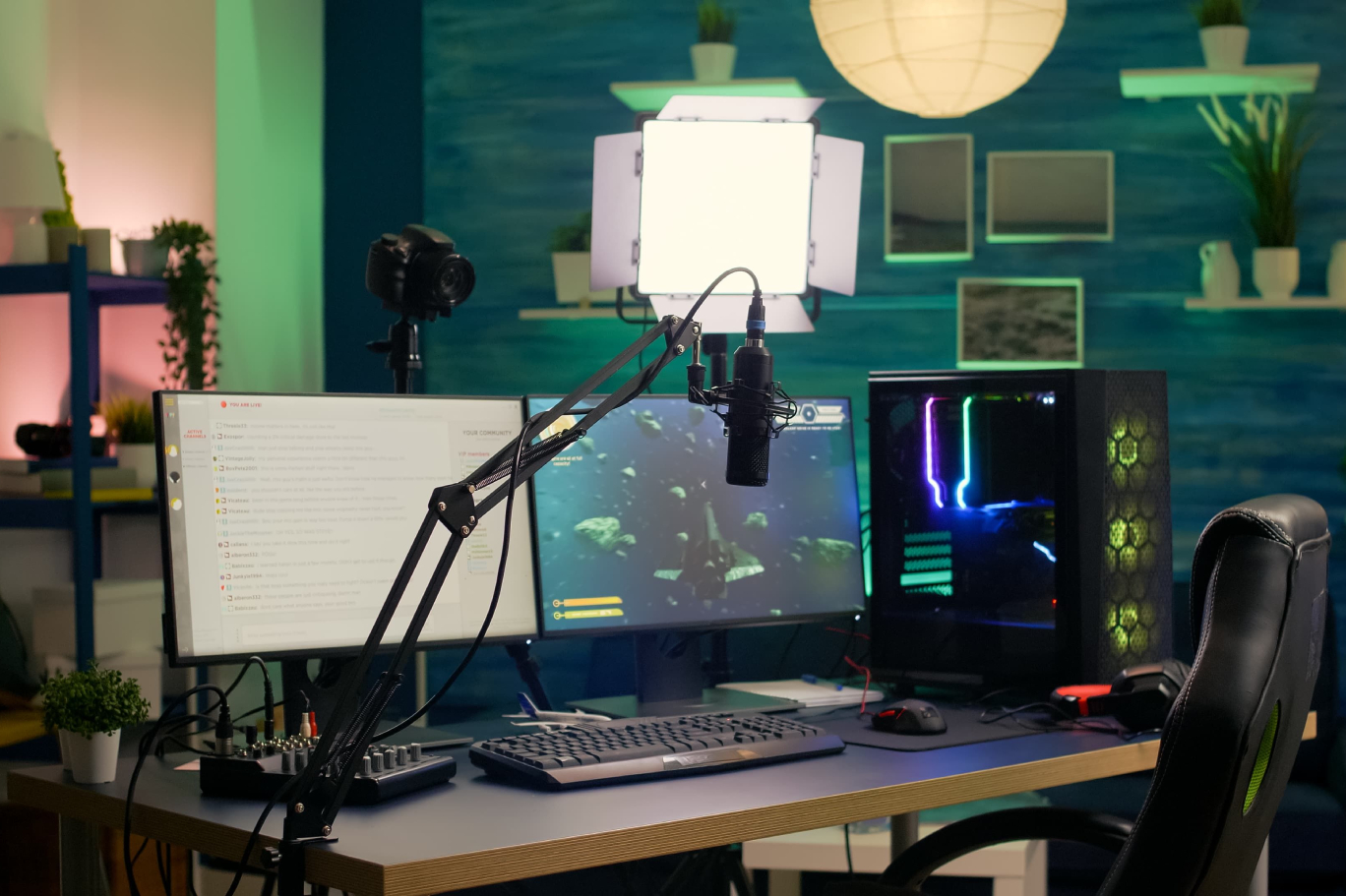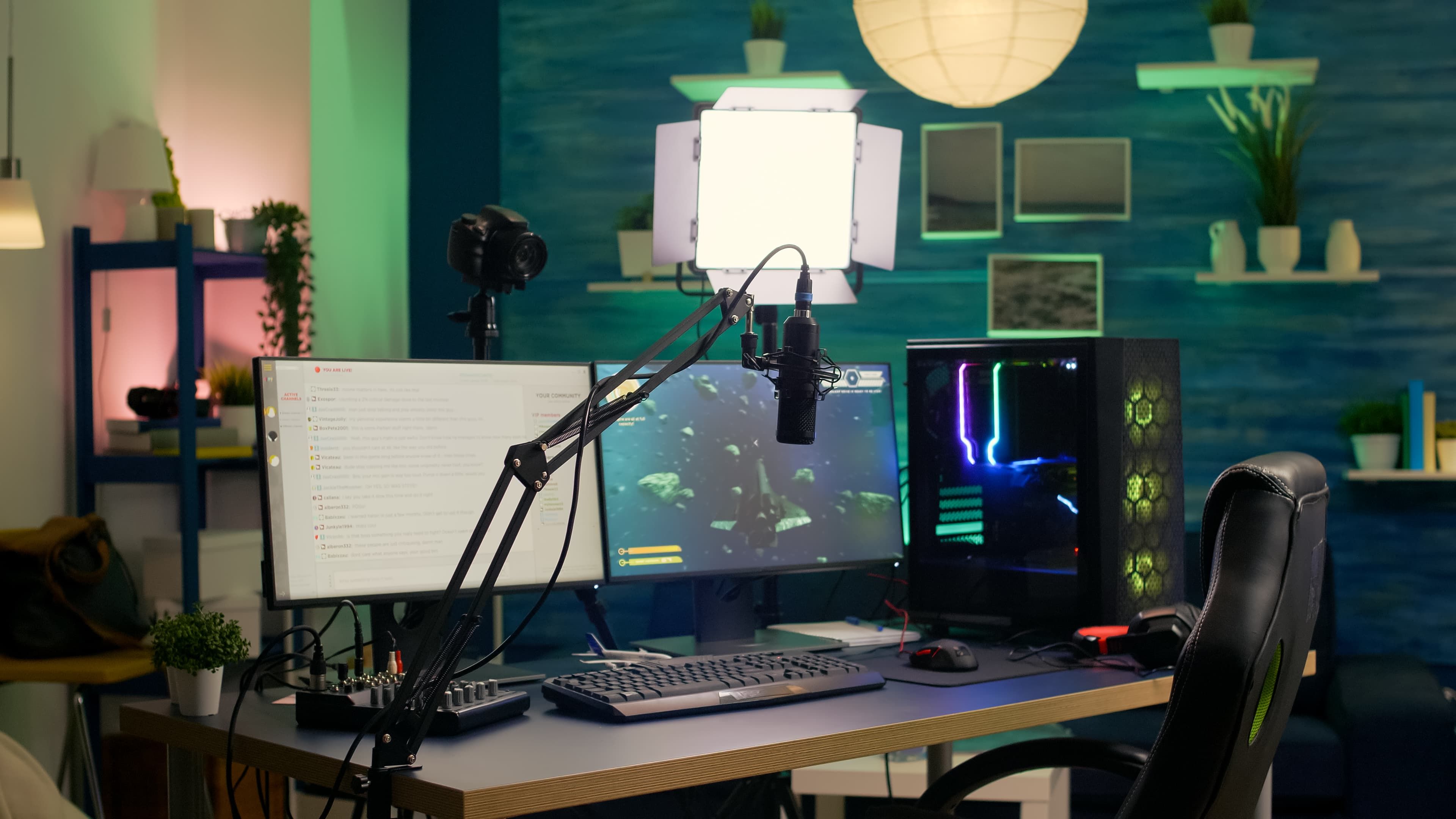
Do you find yourself spending more time than ever before staring at screens, whether for work or leisure?
If so, you're not alone. With the widespread use of digital devices, many people are struggling with screen addiction, which can negatively affect physical and mental health.
From eye strain and headaches to poor posture and reduced physical activity, excessive screen time can take a toll on your well-being. But don't despair - there are effective ways to reduce your screen time and reclaim your health.
In this article, we'll share 16+ tips for reducing screen time and setting healthy habits when using electronic devices. Whether you're a busy employee, a parent with young children, or simply someone who wants to live a more balanced life, we've got you covered. We'll also introduce you to advanced software solutions, like BLiiNK, that can help overcome the negative effects of excessive screen time.
So, if you're ready to take control of your screen time and improve your health and well-being, keep reading!
16+ Tips to Reduce Screen Time That Really Work!
In today's digital age, we are all surrounded by screens. We use smartphones, tablets, laptops, and TVs to stay connected, entertained, and productive. However, the risk of screen addiction and dependence comes with the increasing use of technology.
According to recent statistics, screen addiction affects a significant portion of the global population. In the United States alone, adults spend an average of 6 hours and 58 minutes per day on digital media, while children aged 8 to 12 spend an average of 4 hours and 44 minutes per day on screens. In addition, a study by the World Health Organization found that over 80% of adolescents worldwide don't get enough physical activity, partly due to the rise of screen time.
Excessive screen time can have negative effects on our physical and mental health, including eye strain, headaches, neck and back pain, and disrupted sleep. That's why it's crucial to reduce screen time and establish healthy habits. In the following sections, we'll provide you with 16+ tips that really work to help you cut down on screen time and improve your well-being.
1. Monitor and Record Your Screen Time
One of the most effective ways to reduce screen time is to monitor and record how much time you spend on your devices daily. This helps you understand your habits and identify areas where you can make changes. Many smartphones now come with built-in screen time monitoring tools, or you can use third-party apps like Bliink, RescueTime, or Moment to track your usage.
Start by recording your average daily screen time, then set a goal to gradually reduce it. Try to limit your usage during certain hours of the day, such as before bed or during meals, and create device-free zones in your home, like the bedroom or dining room. By monitoring and tracking your screen time, you can develop healthier habits and reduce your dependence on electronic devices.
2. Set Social Media Limits
It's no secret that social media can be a major time-suck. That's why setting limits on your social media use can be so effective in reducing your overall screen time.
Start by deciding how much time you want to allow yourself each day to scroll through your favorite social media apps. You might begin with 30 minutes and work your way down from there. Set a timer or use an app that helps you track your usage and sends notifications when your time is up. By doing this, you'll not only limit your screen time but also free up more time for other activities that promote a healthy lifestyle. So, go ahead and take control of your social media habits and watch how it positively impacts your well-being.
It's no secret that social media can be a major time-suck. That's why setting limits on your social media use can be so effective in reducing your overall screen time.
Start by deciding how much time you want to allow yourself each day to scroll through your favorite social media apps. You might begin with 30 minutes and work your way down from there. Set a timer or use an app that helps you track your usage and sends notifications when your time is up. By doing this, you'll not only limit your screen time but also free up more time for other activities that promote a healthy lifestyle. So, go ahead and take control of your social media habits and watch how it positively impacts your well-being.
3. Take Regular Breaks
It's no secret that social media can be a major time-suck. That's why setting limits on your social media use can be so effective in reducing your overall screen time.
Start by deciding how much time you want to allow yourself each day to scroll through your favorite social media apps. You might begin with 30 minutes and work your way down from there. Set a timer or use an app that helps you track your usage and sends notifications when your time is up. By doing this, you'll not only limit your screen time but also free up more time for other activities that promote a healthy lifestyle. So, go ahead and take control of your social media habits and watch how it positively impacts your well-being.
4. Turn off Screens Before Bedtime
Sleep quality can be greatly affected by screen use before bedtime. The blue light emitted by screens can suppress melatonin production, a hormone that regulates sleep. To improve sleep quality, it is recommended to avoid using screens for at least an hour before bedtime. This tip not only benefits sleep quality but also helps you reduce screen time.
To further help with this tip, consider setting a bedtime routine that involves relaxing activities such as reading a book or taking a bath. Turning off screens before bedtime and creating a relaxing atmosphere can significantly improve sleep quality.
5. Reduce Screen Brightness
Spending too much time in front of screens can negatively impact our health, particularly our eyes and sleep quality. In addition to taking regular breaks and setting social media limits, it's essential to lower screen brightness.
High screen brightness can cause eye strain and headaches, especially in a dimly lit room. Moreover, it can interfere with our natural sleep cycle, making it harder to fall asleep at night. To avoid these issues, try reducing screen brightness to a comfortable level. By doing so, you'll reduce eye strain, improve sleep quality, and decrease the likelihood of headaches. It's one of the simplest yet most effective activities to reduce screen time and its negative effects on your health.
6. Avoid Multiple Screens
Using multiple screens can be convenient for multitasking, but it can also lead to increased screen time and eye strain. To reduce these negative effects, try limiting yourself to using just one screen at a time whenever possible. If you do need to use multiple screens, consider using a screen-splitting tool that allows you to view two windows side by side on one screen. This can help you stay focused on the task at hand and minimize distractions from other applications.


7. Take Advantage of Productivity Tools
In today's fast-paced world, productivity has become a buzzword, and it's no secret that screens play a vital role in our daily work routine. However, excessive screen time can lead to negative consequences, both physically and mentally. To avoid falling prey to screen addiction, it's essential to use productivity tools that can help you stay focused and avoid social distractions.
These apps and software solutions can help you set healthy work habits and track your progress, reminding you to take breaks and get up from your desk periodically. With the help of productivity tools, you can create a more efficient work routine and reduce your screen time without compromising on quality or quantity.
8. Create Device-Free Spaces
In today's digital world, it's easy to get lost in technology and forget to take a break. That’s why while wondering how to reduce screen time, one should begin with creating device-free spaces. This could be a designated area in your home, such as the bedroom or living room, where you consciously choose to disconnect from technology and spend time relaxing and unwinding. By disconnecting from screens, you give your brain a much-needed break and improve your mental and emotional well-being. Whether it's reading a book, meditating, or spending time with loved ones, creating a device-free space can help you reconnect with the world around you. So, take a break from technology and create a space that's all about relaxation and disconnection.
9. Engage in Other Activities
It's important to engage in other activities beyond screen time to maintain a healthy balance in your life. Instead of constantly scrolling through social media or binge-watching shows, try reading a book, going for a walk, or spending time with loved ones.
It can be difficult to break the habit of excessive screen use, which is why using a smart tool like Bliink can be helpful. BLiiNK reminds you to take breaks and engage in other activities, helping you form healthier habits and reduce screen time. By incorporating more diverse activities into your daily routine, you'll feel more energized and fulfilled, and reduce the negative impact that excessive screen time can have on your physical and mental health.


10. Avoid Video Fatigue
Video calls have become a crucial part of modern communication, but they can take a toll on your physical and mental health. To avoid video fatigue, take regular breaks from video calls, even if it's just for a few minutes. This can help reduce eye strain and mental fatigue. Consider scheduling buffer time between calls or simply stepping away from the screen for a few minutes. Additionally, try using a grayscale filter to reduce eye strain during video calls.
11. Remove Work Email from Your Phone
In our always-connected world, it can be difficult to disconnect from work and establish a healthy work-life balance. One simple way to set boundaries is to remove work email from your phone. By doing so, you can avoid the temptation to constantly check and respond to work emails outside of work hours. This can help reduce stress and improve overall mental health. Instead, focus on spending time with loved ones or engaging in hobbies and activities that bring you joy. Remember, work is just one part of your life, and it's important to prioritize self-care and relaxation.
12. Seek Support
Trying to reduce screen time and adopt healthy habits can be daunting, especially if you go at it alone. It's essential to have a support system that can hold you accountable and motivate you to stick to your goals. Enlisting the help of friends or family can be an excellent way to achieve this. Ask someone you trust to help you stay on track and avoid falling back into old habits. You can set up regular check-ins, share your progress, and celebrate your achievements together. Having a support system can make all the difference when it comes to making lasting lifestyle changes. So, don't hesitate to reach out to your loved ones for support.
Together, you can create a healthier and more fulfilling life.
13. Stand up and Stretch
Taking breaks and stretching throughout the day can help improve your posture and overall well-being. Incorporating regular stretching breaks can help you feel refreshed and energized, reducing the negative effects of prolonged sitting. To ensure you're taking breaks at regular intervals, consider using Bliink to remind you when it's time to stand up and stretch. With Bliink, you can easily set up customizable reminders to take breaks and stretch, ensuring you stay on track with your wellness goals. Start prioritizing your health with BLiiNK!
14. Turn off Distractive Notifications
In today's world, notifications from our phones seem to be never-ending. Shopping apps, games, and social media alerts constantly distract our attention, and it can be challenging to stay focused. To combat this, it's important to turn off non-essential notifications and limit screen time to necessary activities only. Doing so can help reduce stress levels and increase productivity. By turning off these distractive notifications, we can take control of our time and prevent unnecessary interruptions. So, next time you find yourself constantly checking your phone, take a moment to evaluate which notifications are essential and which can be turned off to create a more peaceful and productive day.
15. Don’t Use Your Phone as an Alarm Clock
Using your phone as an alarm clock might seem like a convenient solution, but it could cause more harm than good. The temptation to scroll through social media or check emails can be overwhelming, and before you know it, you've wasted half an hour on your phone. To avoid falling into this trap, try using a traditional alarm clock or invest in a smart home device that can wake you up without the need for a phone. This simple change could significantly impact your productivity and mental health, helping you start the day with a clear mind and focused energy.
16. Create a Schedule
Creating a daily schedule is an effective way to manage your time and reduce your screen time. Plan your day by setting aside specific times for work, exercise, and leisure activities, and stick to your schedule to avoid excessive screen time. By scheduling time for activities other than work, you can ensure that you are taking breaks and giving your brain a chance to recharge.
Finding a balance between work and leisure is important, and scheduling can help you achieve that. Try using a calendar or planner to keep track of your schedule and stay organized. By creating a schedule, you can stay on track and reduce your screen time.
17. Use Smartwatch
Smartwatches have become an essential gadget for many people and for good reason. Not only can they help you stay on top of your fitness goals, but they can also help you stay focused on your work. By choosing the right apps to receive notifications from on your smartwatch, you can filter out non-essential notifications and only check important information. This can help reduce distractions and prevent excessive screen time. With a smartwatch, you can stay connected while minimizing your phone usage. Invest in a quality smartwatch and customize it to your needs for a more productive and focused lifestyle.
Final Thoughts to Reduce Screen Time
In today's digital age, reducing screen time has become more important than ever before. To reduce excessive screen usage, we have discussed various practical solutions, such as taking regular breaks, avoiding using the phone as an alarm clock, and using smartwatches to filter notifications. These solutions can help improve mental and physical health and increase productivity. However, for effective results, it's crucial to have a consistent approach and incorporate these solutions into daily routines. For a personalized solution and to track progress, BLiiNK offers an excellent solution. With its AI-powered platform, BLiiNK helps usersto reduce screen time and improve their overall well-being.
Try BLiiNK today and take the first step towards a healthier lifestyle.
